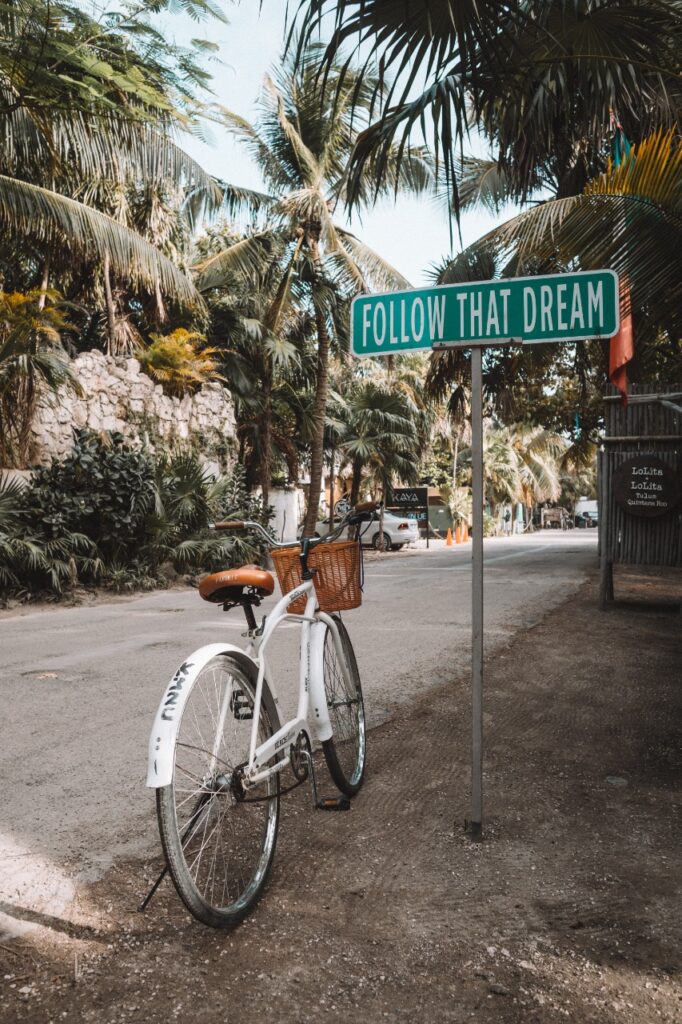Self-Actualisation and the Laundry List of Relationships: How the Narratives that Condition us Impact Dating and Relationships
Whenever our clients approach, most of the time, they are seeking that ‘special someone’ who is going to make them a ‘better person’. Our clients are English speaking, urban dwelling, hyper-privileged global Indians who are empowered to choose their partners. They have innumerable options, agency and hope. Dating allows them to be in a constant search of ‘the one’.
Many lists are made:
- Top ten qualities they want in a partner
- ‘Must haves’ in their relationships
- Best skills to have in bed to make it last
- Great ways to solve conflict
- …and so on…and so on…
Professional life teaches us to make lists but is it too mechanical to apply them to our personal lives – can we subject feelings to lists?
Perhaps. After all, we are all the ‘hyper-productive creatures’ that philosopher Byung-Chul Han talks about in The Burnout Society. We worship positivity and overachievement, aspire to master the perfect work life balance and also maximise every minute and experience of our lives. Even the sky is not the limit for us in this era of excessive positivity. So if list making works for our professional lives then the same method might become useful in our love lives too!
We worship positivity and overachievement, aspire to master the perfect work life balance and also maximise every minute and experience of our lives. Even the sky is not the limit for us in this era of excessive positivity.
We also make lists of ‘needs in a relationship’ with our clients. We ask; “What is it that you look for in that special someone?”. Their answers, depend on their previous relationship, their attachment styles, life goals, values and traumas. Even these are listed out, prioritised and categorised. Often the list of needs is very long and specific and quite frequently, it is three broad ideas such as ‘trust’, ‘communication’ and ‘care’. But like most things in life, what we are looking for is often contextual. The list changes.
Have you had a good day? You don’t need much.
What do you expect from your partner when you have had a bad day? Support, care, a nice meal, a clean home, validation, an interesting conversation or maybe even tantric sex to heal! We spend a lot of time redrafting the lists with our clients, it’s constant WIP.
Today, we are also made to think about our needs much more often than a decade ago. We are more aware. The world has opened up, we have more options and we want more. We are very actively looking for opportunities, in a quest of knowing our desires, ourselves. We write existential captions on social media, we go for yoga retreats, we listen to motivational speakers, quote philosophers and so on. Bucket lists have become a norm. We get judged if we don’t have bucket lists, if we are not ambitious, if we don’t know what we want and need. Wanting to achieve something is a sign that you are healthy and not wanting to, is even pathologized as ‘depression’. If we can do something it means that we should. And if there are so many tools to find out what we truly want and who we truly are, we must. A chunk of us, or those who are part of the hyper-privileged lot, are really close to the top of Maslow’s hierarchy of needs: actualisation.
If we can do something it means that we should. And if there are so many tools to find out what we truly want and who we truly are, we must.
What does this mean for relationships and ‘the looking for the one’ mission?
Eli J. Finkel draws parallels with Maslow’s hierarchy of needs and three eras of marriage, when looking at the history of American marriages in his book The All or Nothing Marriage. ‘The pragmatic’, ‘the love’ and ‘the self-expressive’ eras of marriage correspond to phases of society. In the case of America, for economic and cultural reasons, people base their marriages on: physiological and safety needs – pragmatic era; belonging and love needs – love era; esteem and self- actualisation needs – self-expressive era.
But it is not just marriages that we should be looking through the lens of socio-economic eras but also sexuality, dating and the entire warehouse of human relationships.
In India, many single hyper-privileged clients keep comparing their dating experiences and relationships with those of their parents, or those of friends with ten and more years of romance on their shoulders. Heavy load! Longevity of a relationship is still seen as the highest goal. Sometimes it is seven lifetimes we are hoping for. Because one is not enough! The country is so diverse that one cannot just look at generational differences when evaluating the shifts in relationship ideals. That’s why we still see our peers in long term relationships and self-sabotage: “There must be something wrong with me if I am still single…”

Will it help if I told you, it’s not you but the exposure you have had to a belief that a partner needs to provide meaning to your life?
Not happiness, but meaning. Happiness is momentary while meaning fits perfectly the longevity we aspire to. There is a sense that the relationship will not last, if you don’t find a companion who is emotionally evolved, who would want to share authentic feelings with you; with whom you don’t just have common interests but also a passion for exploring your complex and authentic self. You want meaning, but what happened to good old love? Yes, you want love too but can you fall in love with someone who is not providing that special something in all the aspects of your life? Career, physical intimacy, family, spirituality, travel adventures, health & fitness. Today’s ‘the one’ needs to: encourage your career fulfilment, pursue sexual adventures with you, support your chase of social validation by looking fit and stylish, impress your friends and family with pre-determined gender role skills, e.g. cooking, making chai, paying for restaurant bills or rescuing you from eve teasers. We are really stretching the egg basket.
Today’s ‘the one’ needs to: encourage your career fulfilment, pursue sexual adventures with you, support your chase of social validation by looking fit and stylish, impress your friends and family with pre-determined gender role skills, e.g. cooking, making chai, paying for restaurant bills or rescuing you from eve teasers.
Are we all so conditioned by contemporary societal narratives?
The non-monogamous lot have found a solution to our long laundry list of needs and expectations by increasing the number of baskets. More eggs, more baskets. More needs, more partners. The non-monogamous are creatures of the times, there seems to be an explosion of them. Maybe epigenetics will be able to tell us if the current environment is driving this explosion by increasing the wanderlust gene variants DRD4-7R in the population. Or maybe non-monogamous creatures are just more dynamic and practical beings. Besides making lists, the non-monogamous have also learned other concepts from the competitive free market business world: differential strategy, outsourcing, scheduling and planning.
Will the romantic monogamous be left behind in this self-expressive era, where we have more needs and expectations to fulfil by a single partner? It will surely take them longer to find ‘the one’ because this mere mortal being, ‘the one’, is expanding and becoming an omnipotent god like figure.
Besides making lists, the non-monogamous have also learned other concepts from the competitive free market business world: differential strategy, outsourcing, scheduling and planning.
At some point even our clients start ‘adjusting’, or just getting old. Some go the non-monogamous way, some stop searching for ‘the one’ and start enjoying dating for fun. The strict list makers start knocking off things from their inventories, because self-actualisation is great but the fear of getting there on their own starts daunting them. Especially in their contemporary urban condition, sometimes self-actualisation sounds a little too lonely for the hyper-privileged. Funnily enough a big majority of the not so privileged believes in the opposite.
For those following traditional narratives and the arranged marriage route, self-actualisation is not a couple’s journey. It a lonely ride, based on detachment, introspection and spiritual quests. It happens only after one has already achieved success in the worldly pursuits of love, lust and financial achievements.
For those following traditional narratives and the arranged marriage route, self-actualisation is not a couple’s journey. It a lonely ride, based on detachment, introspection and spiritual quests.
So is loneliness a disease for only the privileged ones? And are all the lists pointless?
Luckily both mainstream and hyper-privileged paths broadly converge into self-actualisation through acceptance and letting go. On both paths, wise self-actualisation makes room for disappointment, disagreement, failure and all the negative emotions that we are constantly running away from in this era of excessive positivity. We support our clients’ journey through these emotions because all emotions are valid. It is about acceptance, that maybe you are okay on your own, or that maybe we are all beautifully imperfect laundry lists.
Read more such articles like Self-Actualisation and the Laundry List of Relationships? on love, relationship, break up and intimacy on our site. Click here.







